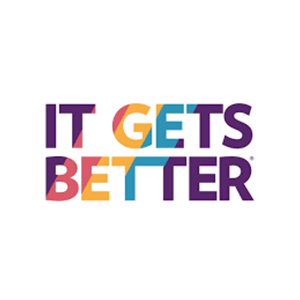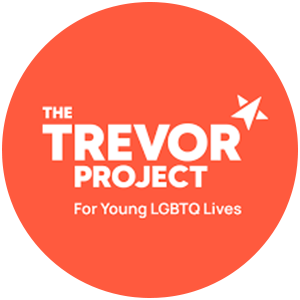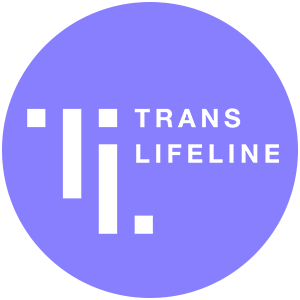How To Take Care Of Yourself
LGBTQI+ youth and young adults under 25 can access LGBTQI+ support via the 988 Lifeline 24/7. To call an LGBTQI+-trained counselor, dial 988 and then press 3. To text, send the word PRIDE to 988. You can opt-in for specific support in chat via the pre-chat survey by checking off the box for “LGBTQI+ support.”
In addition to the 988 Lifeline, there are resources at the bottom of this page where you can connect with services and other members of the LGBTQI+ community. You can also hear from real people in our LGBTQI+ stories of hope and recovery below.
Develop a support network in your life that will help keep you safe and that you can lean on if you feel depressed or suicidal.
Don’t keep thoughts of suicide to yourself. Lean on your support network, find a therapist or a support group, or get in touch with the 988 Lifeline.
Creating a safety plan can include listing your coping strategies, identifying the people in your life that may support you through a crisis, and more. Have a step-by-step plan ready for if/when you feel depressed, suicidal, or in crisis, so you can start at step one and continue through the steps until you feel safe.
- Learn more about making a safety plan
- Use this interactive tool to make your own safety plan
- Download a safety plan template (PDF)
How To Help
We all have a role to play in preventing suicide. Learn how to support and be an ally to your LGBTQI+ loved ones.
Publicly show your support and advocate for LGBTQI+ communities, even and especially when they are not present. Ensure that you are supporting loved ones by affirming their identity, using their pronouns, and being an active part of creating an anti-oppressive, gender-affirming space.
Reinforcing people’s agency by calling them the correct name and pronouns is proven to reduce suicidal behaviors by over 60%. About 40% of unhoused youth identify as LGBTQI+, placing them further at risk for complex layers of harm. Strong family bonds, safe schools, and support from caring adults can all protect LGBTQI+ youth from depression and suicidality (Committee on Adolescence 2013).
LGBTQI+ elders face substantial barriers—stemming from current discrimination as well as the accumulation of a lifetime of legal and structural discrimination, social stigma, and isolation. Others struggle with the burdens of poverty and social isolation. Each older LGBTQI+ adult carries their own story of pride and silence, of resilience and struggle, of love and loss. (SAGE, 2017).
Be an active part of your loved ones’ support systems and check in with them often. If they show any warning signs for suicide, be direct and ask. Tell them it’s OK to talk about suicidal feelings. Listen to their story without offering advice or judgment. For more guidance on steps you can take to help someone thinking of suicide, visit bethe1to.org.
Support them in identifying others to talk to who may understand how they feel – family members, friends, co-workers, and faith or spiritual leaders. If you’re not sure where to start, the 988 Lifeline is always here to talk or chat, both for crisis intervention and to support loved ones, families, and allies.
Support from family, trusted adults, and friends make all the difference for LGBTQI+ children and youth. LGBTQI+ youth who felt high social support from their family reported attempting suicide at less than half the rate of those who felt low or moderate social support. (The Trevor Project). Learn more about affirming behaviors families and loved ones can do to support LGBTQI+ youth here. Additionally, learn more about The Trevor Project’s Community Network here.










